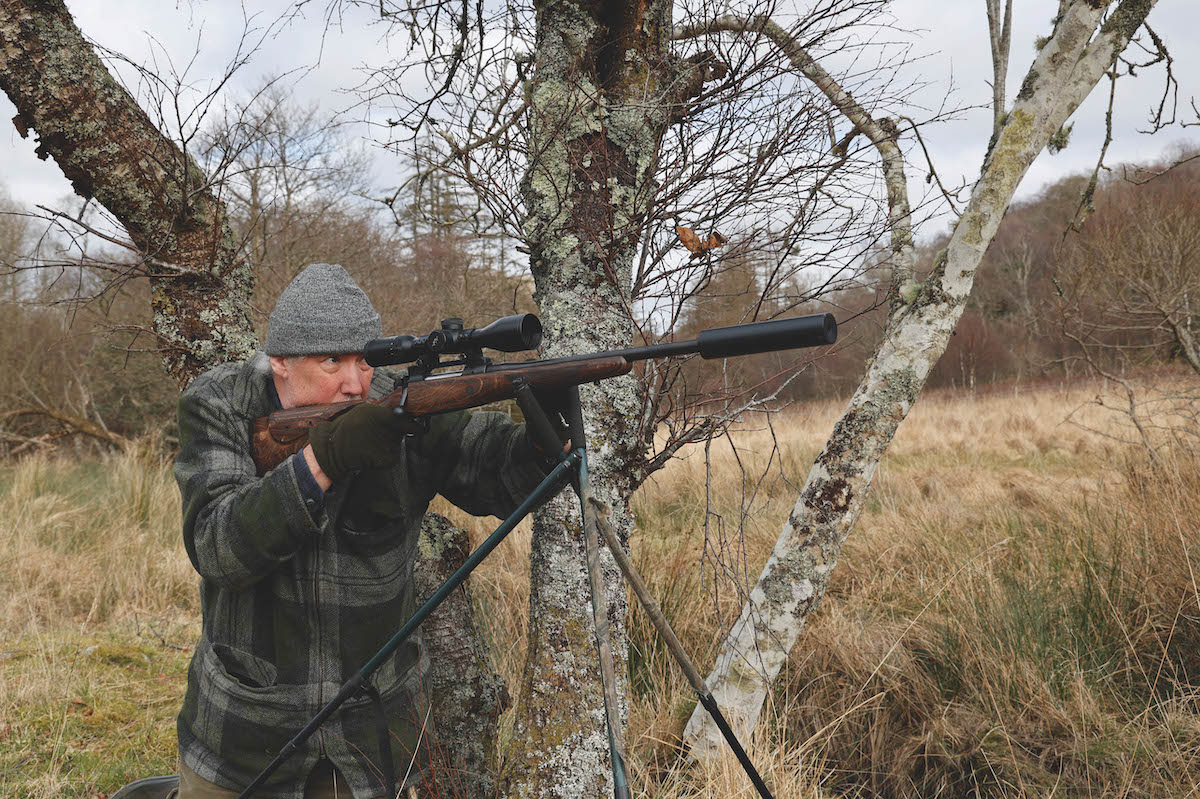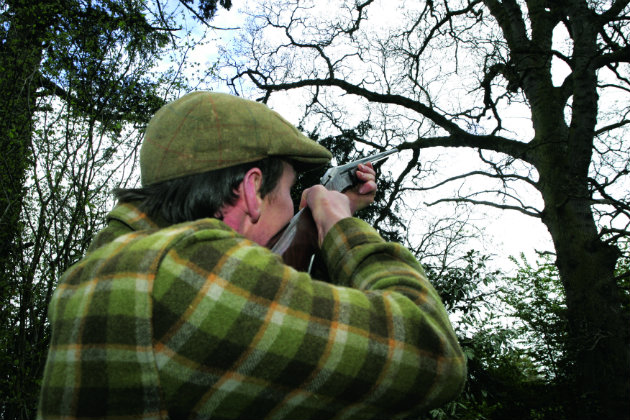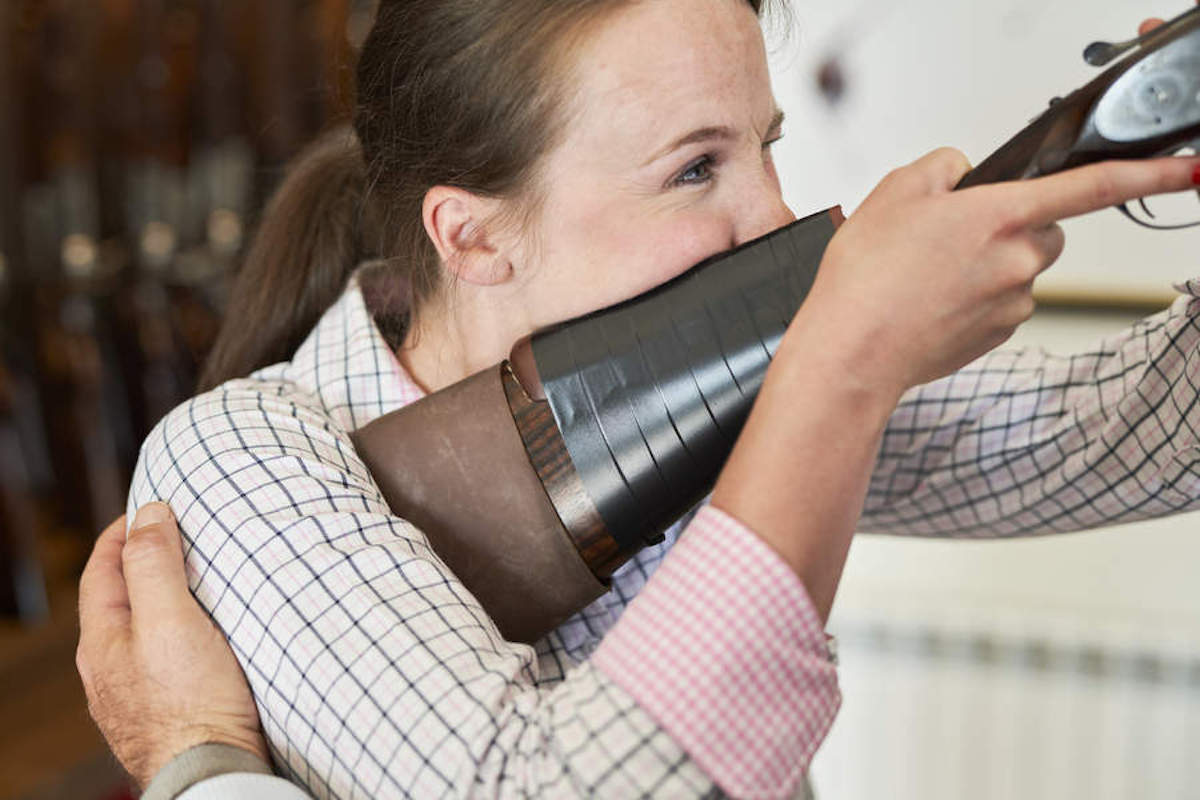Just what is a shooting syndicate?
It's a description you're going to come across when you start shooting. But what does running and membership of a shooting syndicate involve?
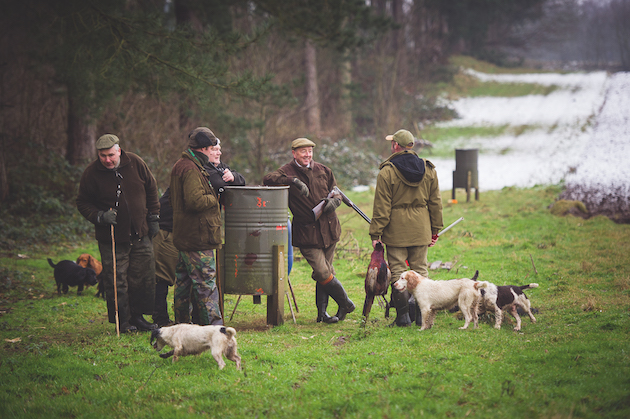
Guns chatting between drives
Look in the dictionary to look at just what is a shooting syndicate and you’ll see the definition as: “A group of people who combine to rent shooting and fishing.” (Read what you need to know before joining a shooting syndicate.)
So syndicates rent a shoot and use their membership subscriptions to pay the rent and fund all the other activities involved in operating a shoot.
Few syndicates have a legal agreement, although it is highly recommended. The document should be drawn up by a solicitor to regulate the arrangements.
A shoot syndicate legal agreement should include:
- The document’s date
- The name of the syndicate maanger
- The name of the shoot captain
- The name of the treasurer
- Names and addresses of the members and the financial share they have put in. (Some members may have more than one Gun in the syndicate.)
- The amount of the annual subscription and any surcharges
- Dealings with third parties, tax, National Insurance, VAT and liabilities
- Rules regarding member conduct on and off the shooting field.
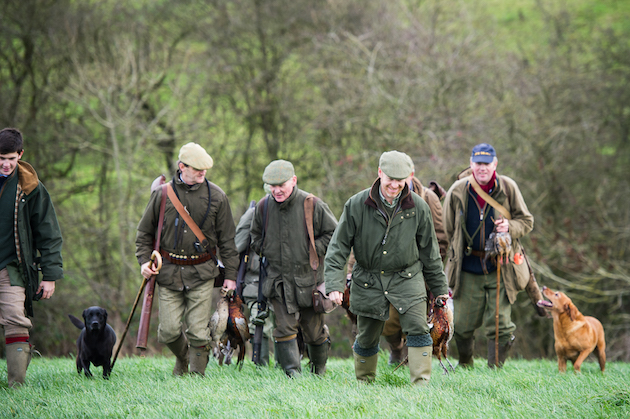
What are the shooting rights?
Potential difficulties
The most frequent cause of problems comes from the shoot lease or licence under which the shooting rights are held. Think about the following:
- Does your syndicate have a lease or licence at all?
- If so, is it long enough to enable you to plan conservation works and plantings?
- What restrictions are there in it, and are any of them unduly onerous?
- Who, in your syndicate, actually holds the lease and on what basis? In the absence of a lease or licence for a term of years, a syndicate has no security of tenure worth writing of, and having built up a shoot at considerable expense is liable to be evicted at the whim of the owner.
A term of years will give the syndicate time to invest in the shoot and recoup its investment in quality shooting. Who holds the lease is a key question. Usually it is one or two of the senior members. Do they hold it on behalf of all the members, as trustees?
It is not unknown for the leaseholder members to expel other members and retain the lease for their exclusive benefit. Have the other members given or should they be asked to give the leaseholders an indemnity in respect of their potential liabilities under the lease? If shooting were prohibited or rendered impracticable by an outbreak of disease, would the non-leaseholding members pay their share of the syndicate’s lease rent and other outgoings?
Be careful not to take too much on trust or one or more of the syndicate members could be left with big liabilities.

Who is responsible for employees, for example beaters?
Who is the boss?
Some larger syndicates will have employees such as a gamekeeper and, on a casual basis, beaters, stops, pickers-up, drivers and so on. Who is the employer? Is it the whole syndicate or just one or two members?
The answer will vary, but the members must decide upon this because it affects various obligations and liabilities and will have to be disclosed on documents such as the keeper’s contract of employment.

All shoots should have adequate insurance
Accidents and shoot insurance
It is vital for the syndicate to carry shoot insurance. A grave accident could result in a multi-million pound claim, which would bankrupt the members of the average syndicate. These days Health and Safety legislation affects not just persons operating for profit but all persons with the responsibility for conducting an activity.
Thinking of joining a shooting syndicate? Here’s what you need to know
The most cost-effective way of shooting through the season is to join a syndicate. Robin Scott explains how to seperate…
How to host the perfect gameshooting day
Tips from the captain of a roving syndicate who is well-informed on what makes a perfect day’s game shooting
The growth of female shooting syndicates
If current trends continue, women could have an important role to play in the future of shooting. At the end of…
Syndicate rules
- Most syndicates regulate their activities by reference to shoot rules, which should be issued to members and guests prior to shooting. As a private association or group, the syndicate is entitled to have and enforce its own shoot rules. Typically, these will require members to have a valid shotgun certificate and game licence and insurance cover or, often, membership of BASC, which takes care of this.
- On a more serious note, the syndicate may expel members for whatever reason, and an expelled member has no direct redress, though he might sue for the return of his subscription or embar, on a defamation action.
- The syndicate’s money will generally be handled by a treasurer and it is sensible for the syndicate to operate the usual checks. Such money is held and handled for the benefit of the syndicate members and so the treasurer is in a position of good faith and trust.
- Finally, the recent growth of roving syndicates, and some of the problems experienced, highlights the need for such syndicates to insist on a day shooting agreement and to check the terms of this are satisfactory for them.




